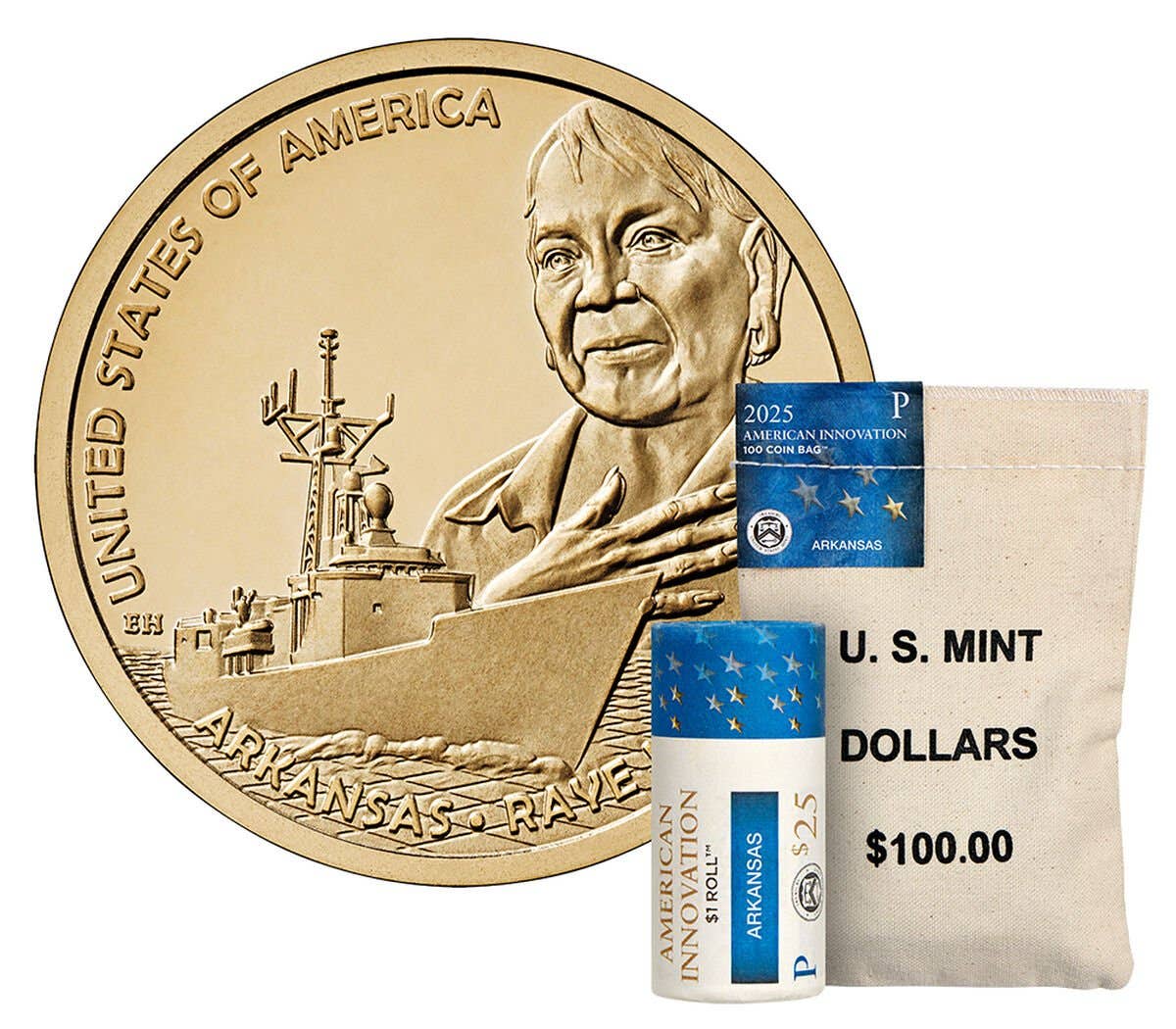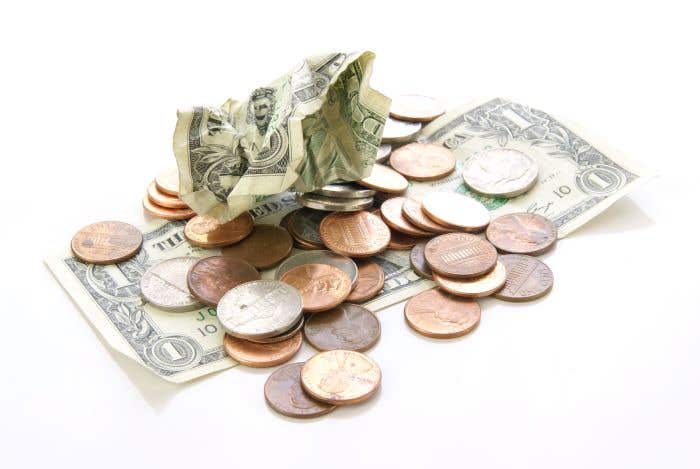Israel Considers 200-Shekel Note Recall
Israel is considering encouraging electronic payments by withdrawing its 200-shekel note.
The United States hasn’t issued $500 or $1,000 bank notes in years. Canada has stopped circulating its $1,000 note. The European Union no longer issues and discourages using its €500 note. More high denomination bank notes have likewise been discontinued due to various problems, many of which are due to criminal behavior.
It may be Israel’s turn to follow these examples, although Israel’s government’s motives are questionable. In September, Israeli Prime Minister Benjamin Netanyahu considered if the nation’s 200-shekel note should be the next denomination whose use should be terminated. The 200 shekel is the highest denomination bank note in circulation in Israel. It has an exchange value of about $54 U.S.
Netanyahu has said the high-value note should be eliminated due to its being widely used by criminal organizations and in the black market in Israel’s Arab society. Arabs represent about 17 percent of Israel’s total population.
Netanyahu directed the Knesset subcommittee on advancing the fight against crime in the Arab sector to examine the possibility of abolishing Israel’s highest-denomination bank note. Members of the subcommittee include Finance Minister Bezalel Smotrich, Bank of Israel Governor Amir Yaron, Prime Minister’s Office Director-General Yossi Shelley, the Tax Authority, and the Prime Minister’s Office staff. According to the PMO, the directive is part of a fight against non-declared or “black money.”
On Sept. 26, the Bank of Israel issued a statement, “No sufficiently established professional justification to cancel any bank note has been presented to the governor [of the Bank of Israel].” The statement continues, therefore, the governor “does not intend to use his authority to work toward canceling any bank note or to change the mix of bank notes in circulation.”
Sources indicate Netanyahu’s investigation into the 200-shekel bank notes was influenced by a proposal submitted to the Finance Ministry in early September by several high-ranking businesspeople and former senior government officials. The proposal claims that a significant portion of cash accumulated in 200-shekel bills is being used to evade taxes. For that reason, the prime minister hopes that discontinuing the bills will discourage tax evaders.
Hisunim Finance Chairman Adam Reuter said, “In a modern country where there is a strong banking infrastructure, there is no reason for a business owner to hold a lot of cash because it makes him an easy target for robbery. The [business owner] who has evaded taxes until now will be forced to stop hoarding cash and will have both a stick and a carrot to start paying taxes.”
Sources indicate dropping the bank note denomination is one of several ways to prevent citizens from hoarding capital. The Israeli government is considering using artificial intelligence tools to track illegal financial activity and banning the large-scale use of cash substitutes such as precious metals, including gold and silver.
In 2023, Israel imposed a regulation requiring the Tax Authority to preapprove any business-to-business transaction valued at more than 25,000 shekels. This new proposal would lower that transaction threshold to 5,000 shekels per transaction.
Ynet is Israel’s leading authoritative English language daily source for news and current events in Israel and the Jewish world. In late September, Ynet warned readers, “Similar steps have been implemented in other countries. In parts of China, the use of cash has been completely banned in certain cities.”
Ynet continued that Israel’s government is using the excuse that “other countries are doing it already, too.”
BitCoinMagazine.com added, “As expected, this move - identical to India’s move in 2016 - will cause further destabilization of Israel’s economy and of its citizens’ physical and mental states. A derivative of this economic shake-up will ripple into Gaza, who is relying on the Israeli shekel as its currency, and clearly, its population is heavily reliant on cash.”
Roger Huang writes about Bitcoin and where it intersects with economics, geopolitics, and history. BitCoinMagazine recently quoted Huang as saying, “China’s central bank actually makes it illegal to not accept cash as a payment option and has punished businesses in the past for doing so, even during COVID. This is in direct contradiction to a statement justifying restrictions on cash in Israel that certain cities ban the use of cash. This has not been reported, and with no primary source verified, it is hard to prove. The Chinese central bank’s actions suggest the opposite. Though China is going more cashless and is the most aggressive country at advancing a CBDC/central bank digital currency, it has not implemented bans or restrictions on using cash - and in fact, its central bank punishes those that restrict the use of cash.”
According to the Sept. 24 Jerusalem Post, “As a medium-term goal, the proposal would seek to reduce cash use in Israel drastically and instead encourage bank transfers or credit cards, allowing the government to track illicit transactions better.”
Israel currently uses bank notes in denominations of 20, 50, 100, and 200 shekels. Coins circulate in 10 agorot and half denominations, 1, 2, 5, and 10 shekels.
You may also like:









